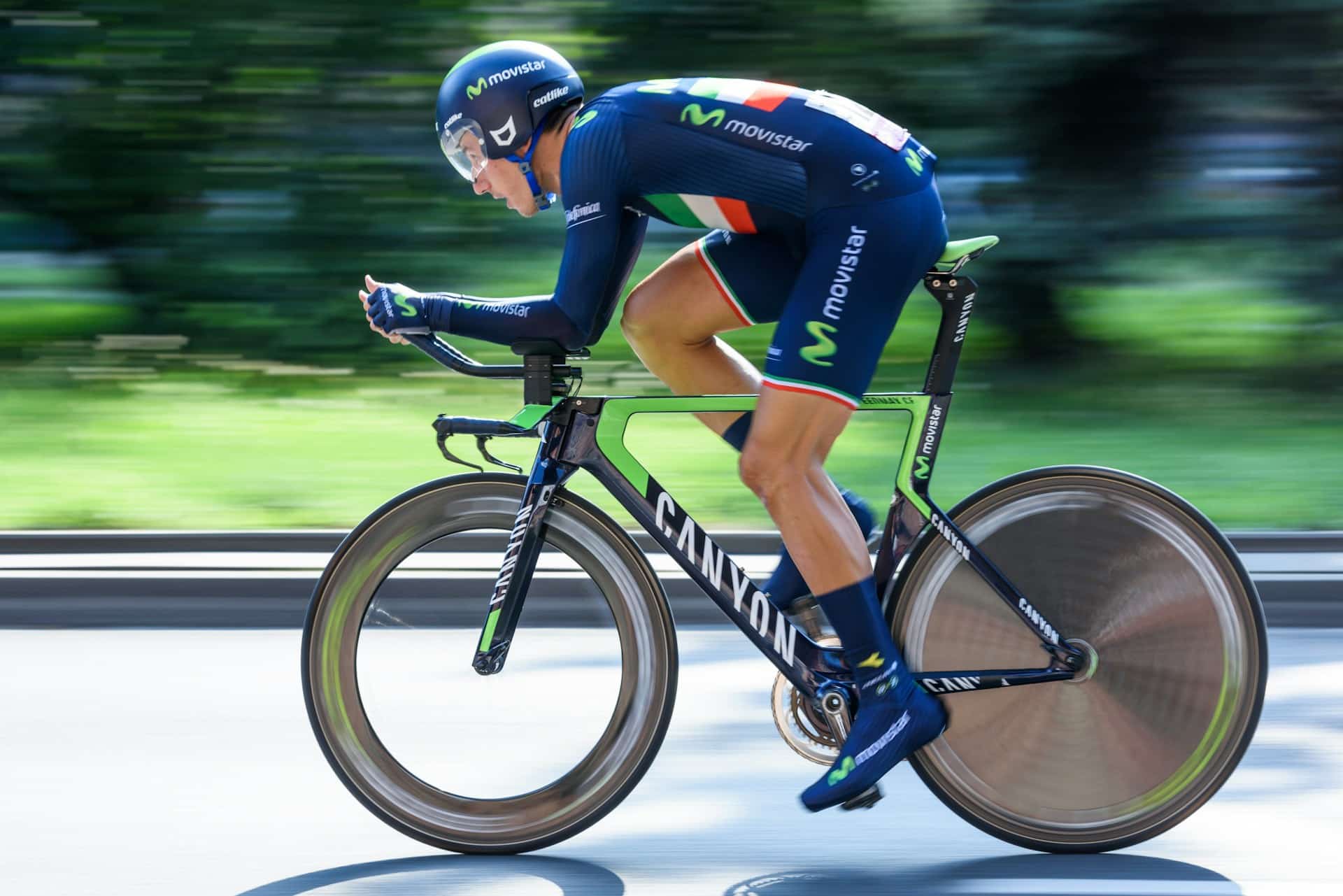Today’s athletes, both professional and amateur, are increasingly turning to digital technology to gain a competitive edge. The use of data from wearable devices and fitness apps is becoming commonplace in the sports industry. But it’s not just the raw data that’s valuable—it’s the intelligence derived from it. Enter Artificial Intelligence (AI) – a key player in turning personal fitness data into actionable advice for athletes. Let’s dive into how AI is shaping the creation of personalized training regimes and improving sports performance.
Harnessing the Power of Wearable Technology in Sports
Wearable technology has become indispensable in the world of sports and fitness. These devices, from fitness trackers to smartwatches, generate a vast amount of data concerning the user’s health and physical activity. The data collected ranges from basic metrics like steps taken and calories burned, to more advanced data such as sleep patterns, heart rate, and oxygen levels.
Sujet a lire : Can AI-Powered Sentiment Analysis Tools Drive Customer Experience Strategies in the UK?
The true power of wearables, however, lies in their ability to provide real-time data. This enables athletes to make instant adjustments to their training, enhancing performance and reducing the likelihood of injury. Yet, the sheer volume of data can be overwhelming. This is where AI comes in.
AI algorithms can sift through the massive amounts of data generated by wearables, identifying patterns and trends that would be virtually impossible for a human to discern. This provides athletes with insights into their performance, enabling them to tailor their training and workout routines more effectively.
A voir aussi : How are Smart Glasses Revolutionizing Hands-Free Operations in UK Warehouses?
The Rise of Personalized Fitness Training
AI is reshaping the fitness landscape by enabling truly personalized training. It’s a game-changer for athletes who want to maximize their performance and achieve their unique fitness goals. AI-powered apps can analyze an athlete’s data, suggesting modifications in their workout regime tailor-made for them.
Take, for instance, an athlete training for a marathon. Based on their wearable’s data and the athlete’s past performance, an AI algorithm might recommend a specific running pace, duration, or even route. It can factor in the weather forecast, the runner’s sleep patterns and nutrition data to make these recommendations.
This level of personalization was previously only available to elite athletes with their team of professional sports scientists. But AI is democratizing access to this kind of individualized training, making it available to all athletes.
AI in Sports Injury Prevention and Treatment
Injuries are an unfortunate but common part of sports. In many cases, these injuries can result from overtraining or not allowing the body enough time to recover. Yet, AI has the potential to significantly reduce the risk of such injuries.
AI can predict when an athlete is at risk of injury by analyzing patterns in their workout data. For instance, if an athlete is pushing too hard in their training, the AI can identify this and suggest they take a rest day or modify their workout. This not only prevents injuries but also ensures athletes can maintain their performance levels over the long term.
Beyond prevention, AI can also aid in injury rehabilitation. By tracking an athlete’s recovery process, AI can suggest appropriate workouts that promote recovery without causing further damage.
AI’s Role in Enhancing Athlete Performance
Beyond personalization and injury prevention, AI can directly enhance an athlete’s performance. It can provide insights into an athlete’s form, nutritional needs, mental health, and more, all of which can impact performance.
For instance, AI can analyze an athlete’s running form and identify inefficiencies that, if corrected, could make the athlete faster. It can also monitor an athlete’s nutrition and hydration, suggesting modifications based on their training regime and performance goals.
Mental health is another crucial aspect of an athlete’s performance. AI can help monitor an athlete’s stress levels and suggest strategies to manage it. This comprehensive approach to athlete wellness is only possible with the help of AI.
The potential applications of AI in sports and fitness are vast. Irrespective of the athlete’s level – be it a beginner or a pro, AI can help customize their training regimes, improve their performance, and prevent injuries. The future of sports and fitness is here, and it’s powered by Artificial Intelligence.
Machine Learning in Creating Adaptive Fitness Programs
Machine learning, a subset of AI, is revolutionizing the way we approach fitness training. It involves teaching an AI system to learn and adapt from data inputs without being explicitly programmed. In the context of fitness and sports training, machine learning can create adaptive and personalized training programs.
Every individual is unique, and as such, their fitness program should be as well. A one-size-fits-all approach is not effective in achieving fitness goals. This is where machine learning shines. It uses the real-time data from wearable devices and fitness apps to continuously adapt and improve the training program based on the athlete’s performance.
For example, if an athlete’s goal is to improve their stamina, the training program might initially include a mix of short and long-distance running. Over time, the machine learning algorithm analyzes the athlete’s heart rate, speed, and fatigue levels during these runs. If the athlete shows more improvement in short-distance runs, the algorithm will adjust the program to include more of these.
Furthermore, it can provide real-time feedback to the athlete during their workout. If the heart rate is too high or the speed is too fast, the algorithm can suggest the athlete to slow down to prevent overexertion. This level of precision and personalization in training programs was unimaginable before the advent of AI and machine learning.
The Future of AI in the Fitness Industry
There’s no doubt that AI is transforming the fitness industry. The combination of wearable technology, data-driven training, and AI’s intelligence is providing athletes with a competitive edge that was previously unattainable. But what does the future hold?
AI’s potential in the fitness industry is just beginning to be realized. As the technology becomes more sophisticated and the algorithms become more nuanced, we can expect even greater levels of personalization. AI will be able to predict an athlete’s performance in specific conditions, suggest training based on their mood and stress levels, and even provide real-time feedback to improve form and technique during a workout.
The fitness app development industry is also set to benefit from AI. With the ability to provide personalized workout apps to each user, fitness apps will become a must-have tool for every athlete. The user experience will be enhanced with features such as AI-powered chatbots for instant advice and support, personalized video tutorials, and real-time performance tracking.
In conclusion, AI is poised to revolutionize the fitness industry. The integration of AI with wearable devices and fitness apps is paving the way for data-driven, personalized sports training. AI’s role in injury prevention, enhancing performance, and creating adaptive training programs is a testament to its potential. Regardless of their level, every athlete can benefit from the insights and real-time feedback provided by AI. The future of sports and fitness is here, and it’s powered by AI.











